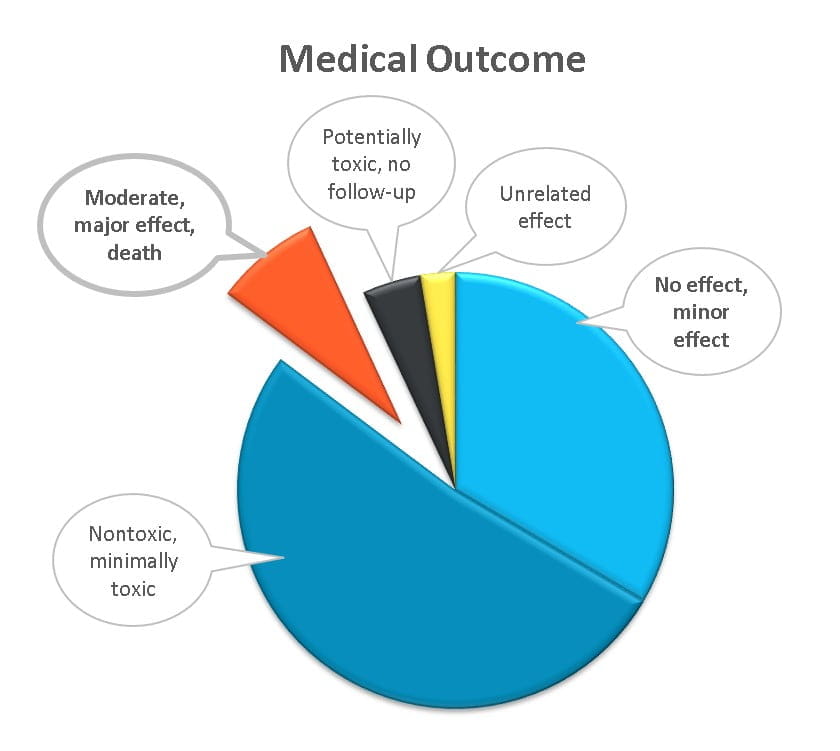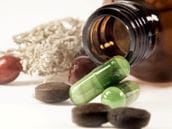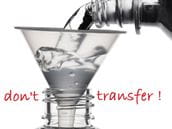
Ramelteon - The ABCs of the Sleep Aid
Ramelteon is a drug that is prescribed to help people fall asleep faster. It typically causes only mild side effects.
Displaying 161 - 170 of 382 results for "prescription medication label information"
Ramelteon is a drug that is prescribed to help people fall asleep faster. It typically causes only mild side effects.
Hydrocortisone belongs to a class of medicines called corticosteroids. It is available in various forms, including topical creams, pills, and suppositories. It is often used to treat eczema, hemorrhoids, bug bites, mild sunburns, and rashes. Because it might cause fetal harm, using hydrocortisone during pregnancy is not recommended.
There are nearly 1500 documented interactions between drugs, herbal medicines, and dietary supplements. These interactions can cause a wide variety of harmful effects. Taking an herb or supplement could change the way a prescription medicine works in the body, causing symptoms like an overdose. Or, it might cause the medicine not to work at all.
Common and dangerous poisons. If you suspect someone has been poisoned, call or use webPOISONCONTROL®, the online tool for those who prefer not to call.
Transferring products from their original containers to unlabeled beverage or other containers happens all too often. Think only children mistake the contents for juice or soda? Not so! Adults unintentionally drink these poisons too. Sometimes the result is only throat irritation or vomiting, but sometimes the consequences are serious.
Poison.org and webPOISONCONTROL Terms of Use
Terms of Use Websites
Cough and cold medicines are no longer recommended for children under the age of four. Ipecac syrup is no longer recommended for anyone. Mercury thermometers are now known to be a possible health risk if they break.
SNRIs are a class of antidepressants. A rare but potentially very serious side effect of SNRIs is serotonin syndrome, which can occur when SNRIs are taken with other drugs. Like all antidepressants, SNRIs should not be abruptly stopped. Careful tapering of the dosage can minimize the risk of withdrawal symptoms.
Hawthorn has long been used in Chinese and Western medicine to treat various illnesses. The most studied use of hawthorn is for congestive heart failure (CHF). Its effectiveness for CHF and other conditions is limited, but so is its toxicity. However, it is always best to consult with your primary care provider and pharmacist before starting any herbal regimen to avoid any potential interactions with prescription or over-the-counter medications.
Don't guess what you should do. Get accurate Poison Control answers online or by phone. Both are free and confidential.
or CALL 1-800-222-1222
The Poison Post® is a free, quarterly
e-newsletter delivering poison prevention tips right to your inbox!
Learn the Poison Help jingle in English or Spanish. Use these jingles to teach the Poison Control number: 1-800-222-1222. Available for download.









